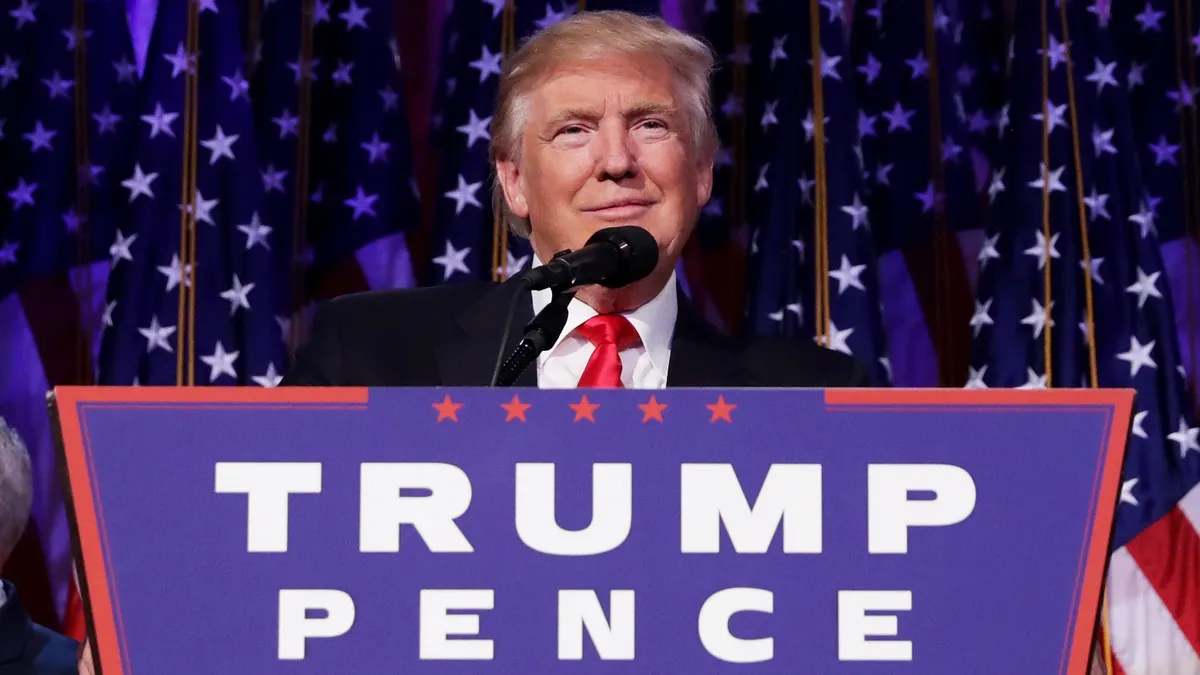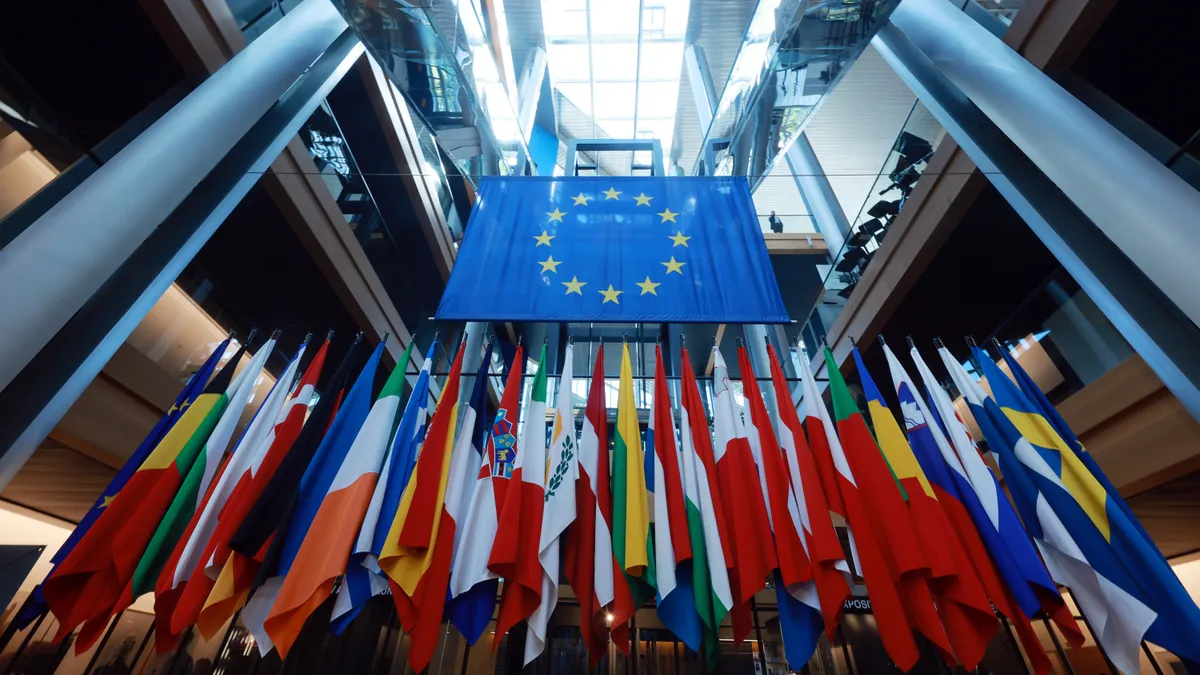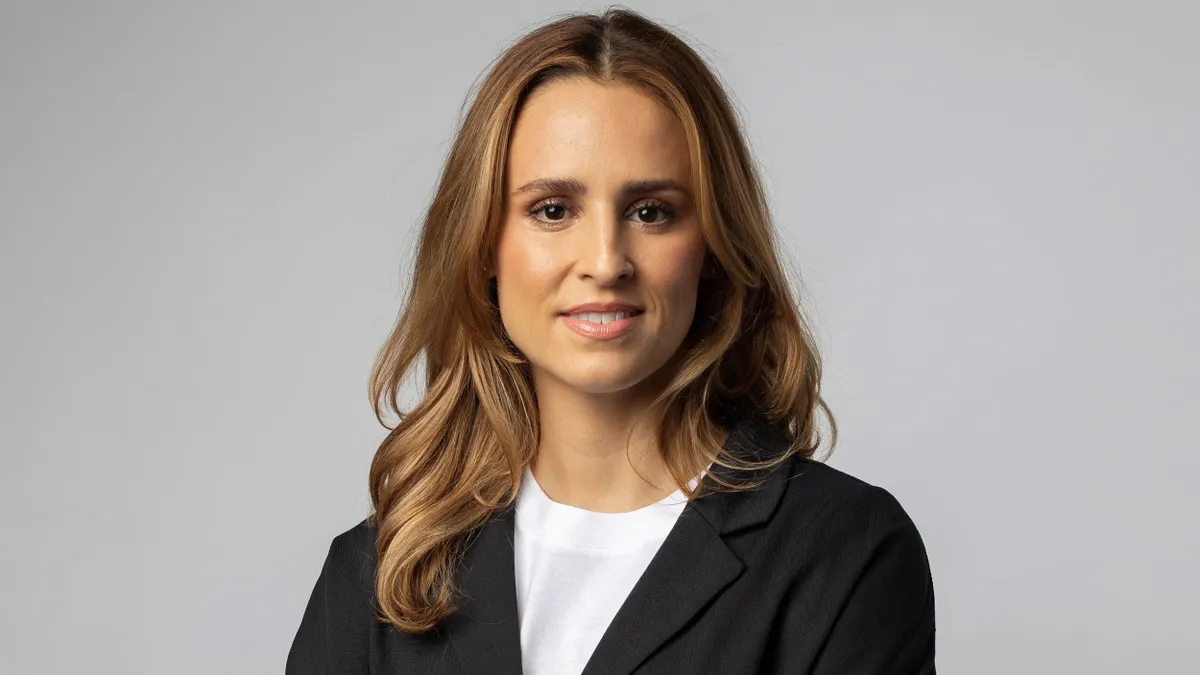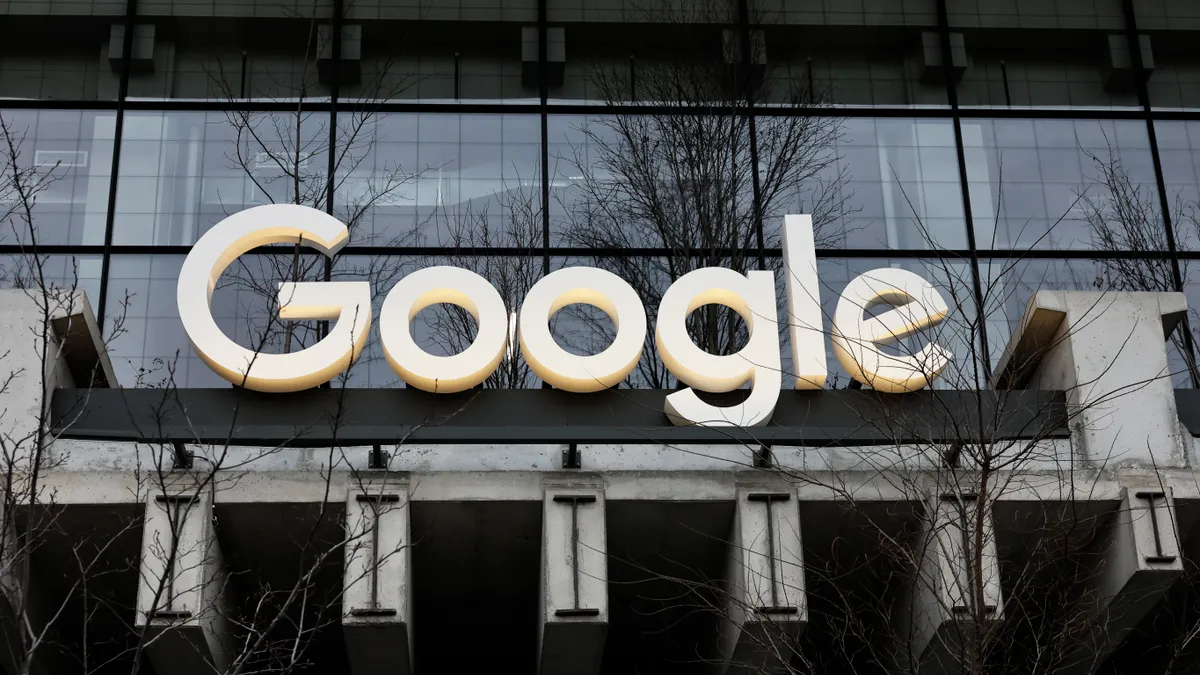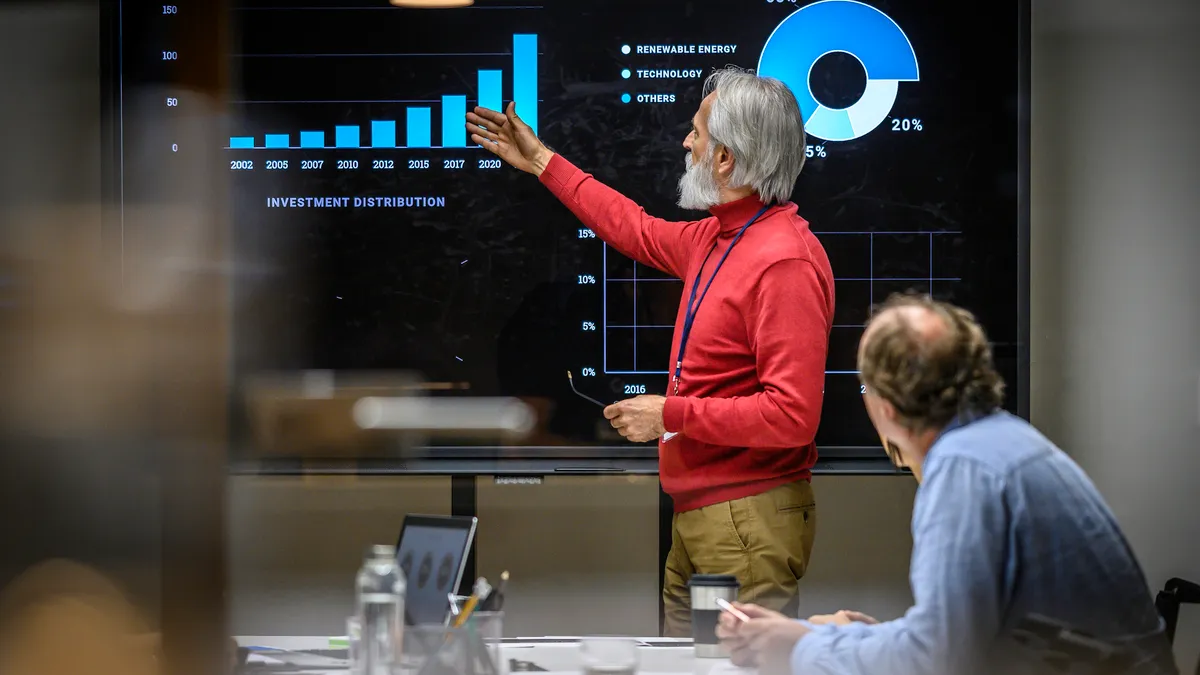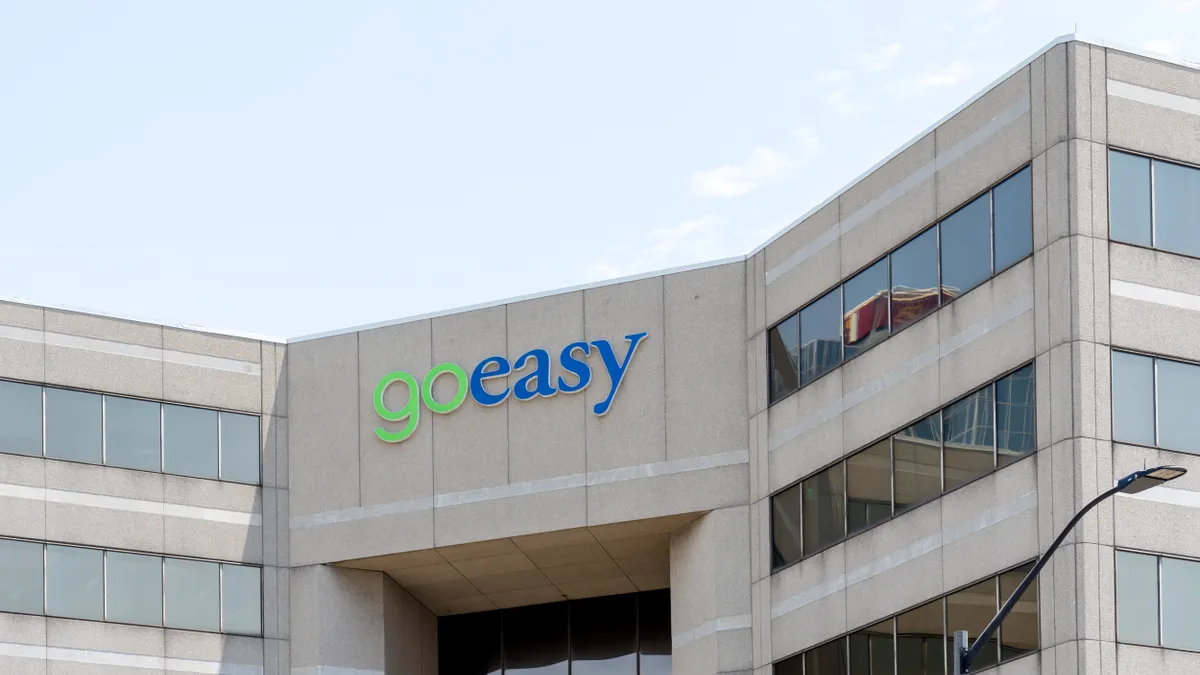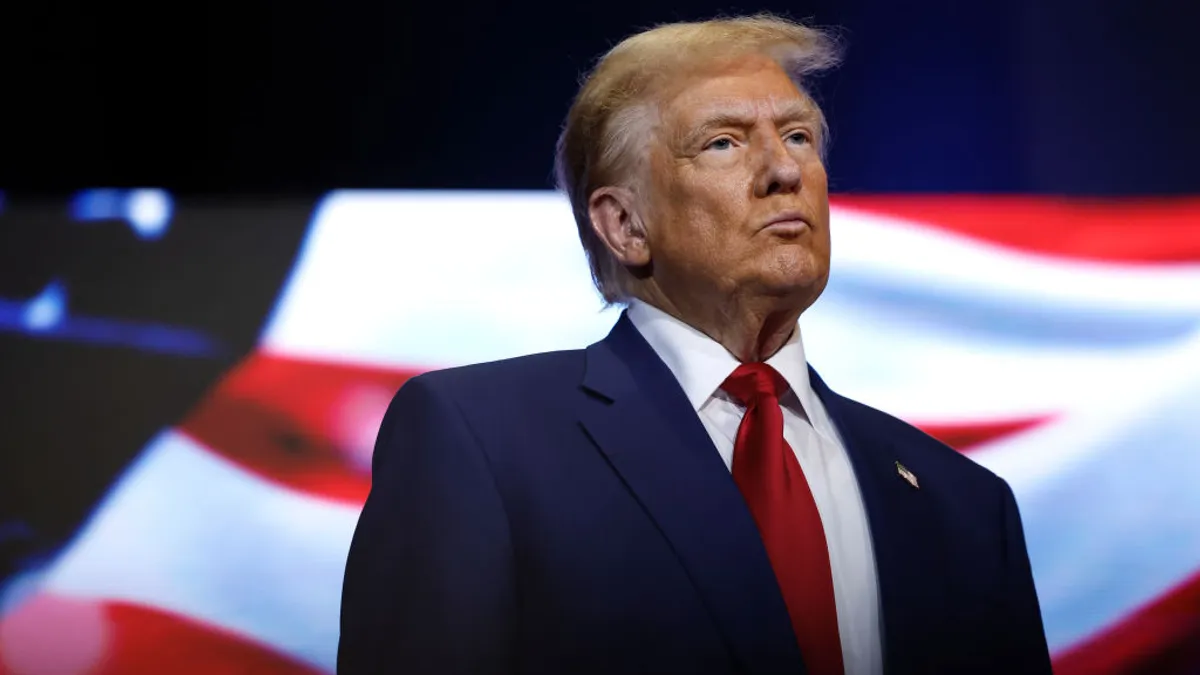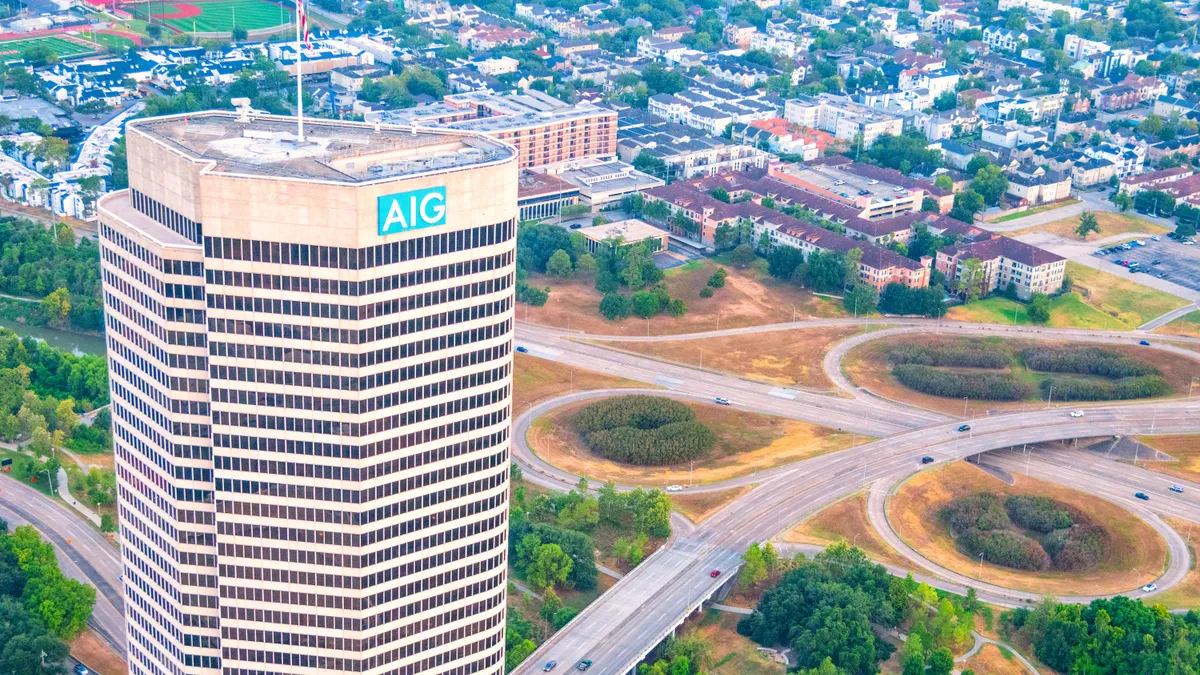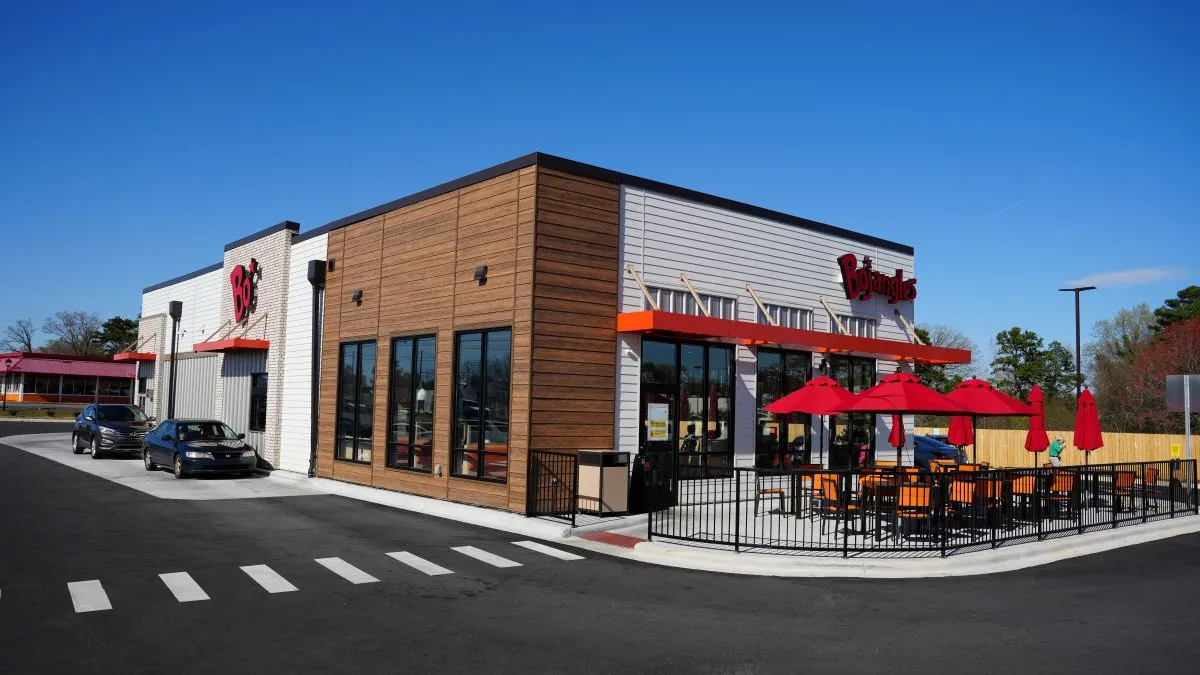Last week, President Donald Trump signed an executive order encouraging U.S. companies to "Buy American and Hire American."
The order calls for "strict enforcement" of labor laws for workers coming to the U.S., creating an environment for higher wages and employment rates for American workers. The order was a just a first step in a line of changes intended to reshape programs bringing high-skilled workers to the U.S.
To clarify the impact of the executive order, below are four questions and answers about how it effects the H-1B program.
1. What does the executive order actually do to the H-1B program?
Trump's order asks federal agencies, including the Departments of Labor, Justice, Homeland Security and State, to review the H-1B visa program.
"In regards to immediate changes to the H-1B, the order does very little," said Adams Nager, economic policy analyst at the Information Technology and Innovation Foundation (ITIF). "Importantly, there has been no mention of adjusting the cap of 85,000 visas."
While the executive order doesn't change H-1B policy on its own, senior administration officials in a White House briefing made it clear that they expect cabinet officials to suggest changes to the program.
For the administration, the goal is to ensure high-end tech jobs are offered to U.S. workers before those jobs go to foreign talent brought to the U.S. under the H-1B program.
2. What will happen to the lottery system?
Trump's order discusses potentially reconfiguring the current lottery award system so H-1B visas will be rewarded based on skills. "The main point that the executive order says it will try to accomplish is to get rid of the H-1B lottery system," said Nager.
The lottery was born from the overwhelming demand for the H-1B program when it was clear the first come, first system would not work. But it has become contested in recent years. USCIS faced a lawsuit for not considering visa applications in the order the agency receives them.
"The order looks to design a new system where applications are awarded on a merit-based competition, favoring higher paying jobs," said Nager. "The system may also take into account education, age, industry and occupation, and other factors."
This would create an H-1B system where highly-skilled labor is used to fill program vacancies while "complementing, not substituting" for domestic labor, according to Nager.
3. What does this mean for tech companies?
In FY14, more than 64% of H-1B visas went to computer-related positions, so if access to H-1B visas is cut, companies could have more trouble accessing hard-to-find high tech talent. However, the true target of the executive order appears to be large consulting firms based out of India, such as Infosys Limited and Tata Consultancy Services, which were the leading employers of H-1B visa holders for the last three years.
"These outsourcing firms have developed application procedures that can game the system to maximize their odds in the lottery process, and are typically applying for large numbers of visas for relatively low wage workers who are assigned relatively entry level technical and managerial tasks," said Dr. Joseph Taylor, a professor of Information Systems at California State University, Sacramento and the former director of IT Strategic Planning, Innovation and Governance for Wal-Mart.
Changes to the H-1B program could mean India-based outsourcing companies will need to consider evolving their business models. This comes as the USCIS has made clear what makes an eligible specialty worker in the H-1B system. For example, computer programmers may not qualify as high-skilled workers, especially if they only have an associates degree or are going into an entry level position. Those individuals would have to provide additional info proving they are specialty workers.
In contrast, firms that are applying for a small number of visas to fill highly specialized — and often highly compensated — positions generally have less experience with the application process, and can thereby be at a disadvantage in the H-1B lottery as it currently stands.
"Some of the simple changes that have been mentioned by officials, such as giving visa applications with higher compensation higher priority, may actually make it easier for firms like Google and Facebook to use the program as it would weed out firms that are only looking to cut wages," said Taylor.
4. What are the next steps?
The departments of State, Homeland Security, Labor and Justice have until November to review the H-1B policy and recommend changes to the Trump administration. Then, changes to the program could be made either by regulation or an act of Congress.
"We have no doubt that the investigation will find that high-skilled immigration, and the H-1B in particular, on the whole provide a powerful economic boon to areas where immigrants relocate to and the industries in which they work," said Nager.
Many in the industry are looking to mend the H-1B program, not end it entirely. For them, the priority is to shift H-1B visas over to higher-paying jobs and potentially eliminate the lottery system for merit based visa allotment.
"I think that the current focus is causing all of the key stakeholders to reassess how well they are adhering to the program's intent," said Taylor. "I think that by itself will help the program."


